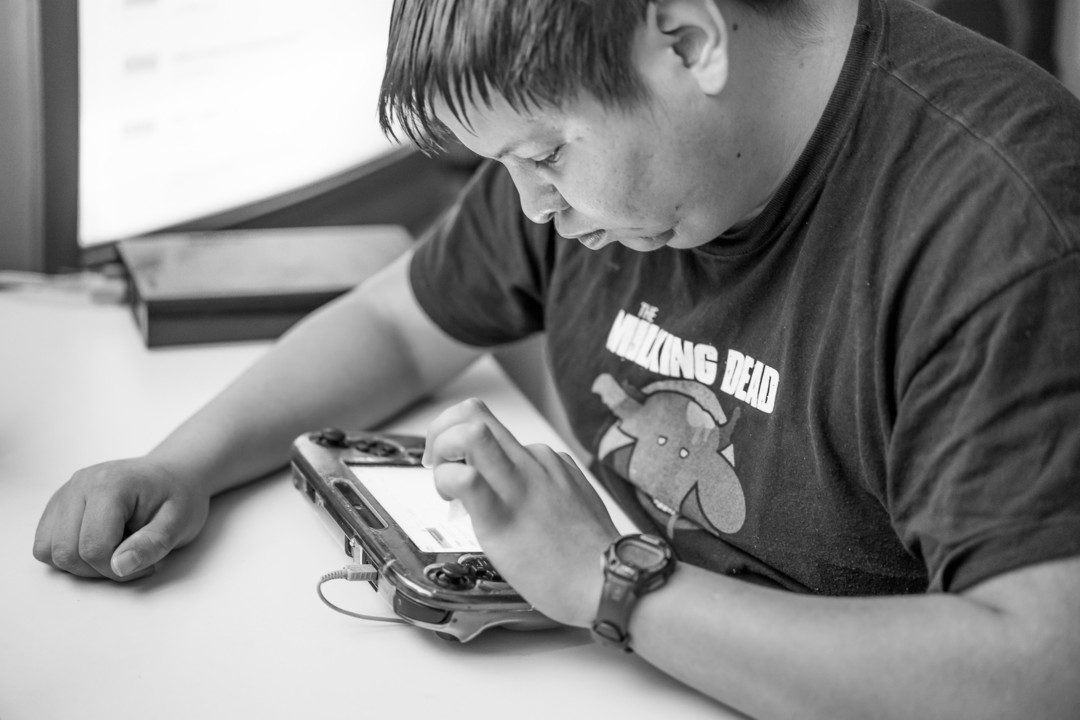How Much Does PDD Pay in Alberta?
To qualify for PDD, you must have a developmental disability from childhood. This ailment must be severe enough to impair daily activities and adult independence.
Read More
Dec 09, 2015
Entrust often talks about “innovation for independence.” But what does it mean? Recently our CEO Tilton Reed had the opportunity to sit down on the Ryan Jespersen Show, and along with Liberty’s Brad Prince, discuss the importance and potential technology has on empowering individuals with disabilities.
Entrust was founded on the belief that every individual deserves the opportunity to live a full and independent life. Since 1997, Entrust has been working hard to support and empower youth and adults with development disabilities and behavioural issues. Recently Entrust received a level 2 accreditation that the Alberta Council of Disability Services (ACDS) provides through their CET (Creating Excellent Together) process. Entrust continues to work hard to support their clients as best they can, using whatever means possible.
Just over 6 months ago Entrust began using Liberty’s InTouch System, a passive monitoring system that had initially been created with the safety of independent senior citizens in mind. The InTouch System is unique to to the market of home security and tracking. Through motion sensors, client movement and behaviours can be monitored by support staff, administration and loved ones without the intrusion of video or audio recordings. The InTouch System can be customized to track an individual’s routine; it can alert care takers when a client gets out of bed, opens a door, or even opens the refrigerator. This allows the safety of the client to be monitored while giving the client space to enjoy a life of independence. Ultimately, this new technology is helping foster independence without sacrificing safety.
Beyond giving clients more freedom, InTouch technology is providing greater accountability. Although caretakers are always present in Entrust residential homes, this technology offers an umbrella of accountability, ensuring that staff are fulfilling expected roles. This technology is important for stakeholders and families/loved ones of clients, as they are able to receive insight into the lifestyle of the client.
Last (but certainly not least) there is potential application for proactive planning around support and services. Monitoring natural behaviours and routines of individuals with developmental disabilities and complex behaviours provide important insight that could improve the quality and effectiveness of existing disability care programs. Inside of basing support practices and care programs on reactive information, this technology could have the potential to help plan more effective and suitable supports for the care of individuals with developmental disabilities.
Want to learn more? Listen to the full radio interview.
To qualify for PDD, you must have a developmental disability from childhood. This ailment must be severe enough to impair daily activities and adult independence.
Read MoreThis guide covers what FSCD offers and provides resources for more information. Knowing the program and eligibility requirements helps make the process smoother for applicants.
Read More